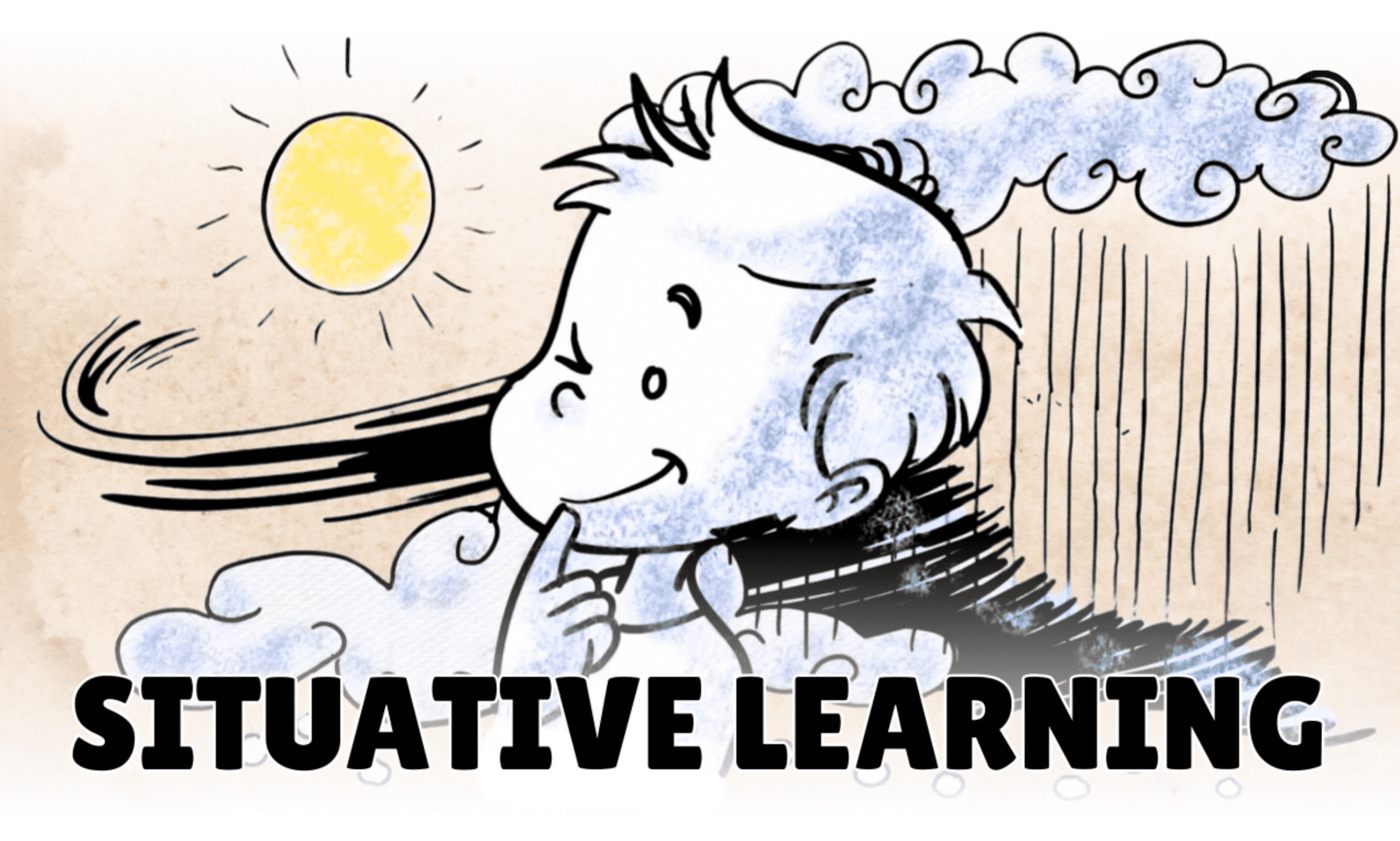What Is Contextual Learning?
📌 Contextual learning is an educational approach that connects academic concepts to real-world situations, making learning more meaningful and practical. Imagine studying mathematics not through abstract formulas on a chalkboard, but by designing a garden, calculating costs for a community project, or analyzing local traffic patterns—this is contextual learning in action, where knowledge acquisition occurs within experiences that mirror how information will actually be applied in life.
💡 PURPOSE: This educational methodology developed in response to the limitations of traditional teaching that typically presents information in isolated, abstract ways[1][2]. Emerging from constructivist theories and advocated by educators like John Dewey and Lev Vygotsky, contextual learning addresses the fundamental challenge of knowledge transfer—helping students apply classroom learning to real-world scenarios[3][4].
🛠️ HOW IT WORKS: Unlike conventional approaches where teachers primarily deliver content through lectures, contextual learning positions educators as facilitators who guide discovery through authentic problems[5][6]. Students engage with concepts via hands-on activities, peer collaboration, and experience reflection, forming meaningful connections that enhance retention and comprehension by up to 40% compared to decontextualized instruction[7][8].
🧩 CONTEXT: Contextual learning flourishes particularly in environments where theory and practice naturally intersect, such as vocational education, medical training, and workplace learning[9]. While traditional education often emphasizes standardized testing and memorization, contextual learning prioritizes authentic assessment and skill application[2]. This approach accommodates diverse learning styles and prepares students for modern workplace complexities where adaptability and problem-solving are increasingly valued[10][11].
Sources —
[1] https://www.continu.com/elearning-glossary/contextual-learning
[2] https://en.wikipedia.org/wiki/Contextual_learning
[3] https://www.structural-learning.com/post/john-deweys-theory
[4] https://courses.lumenlearning.com/wm-lifespandevelopment/chapter/contextual-perspectives/
[6] https://www.billabonghighschool.com/blogs/pros-and-cons-of-traditional-teaching-a-detailed-guide/
[7] https://www.clicklearn.com/blog/the-importance-of-contextual-learning/
[8] https://epiloguesystems.com/blog/contextual-learning/
[9] https://thestarglobalschool.com/the-importance-of-contextual-learning/
[10] https://www.educatorsinc.org/post/contextual-learning-and-how-it-benefits-students
[11] https://jcsonlineresources.org/blog/what-is-contextual-learning/
A monthly summary of our product updates and our latest published content, directly in your inbox.



